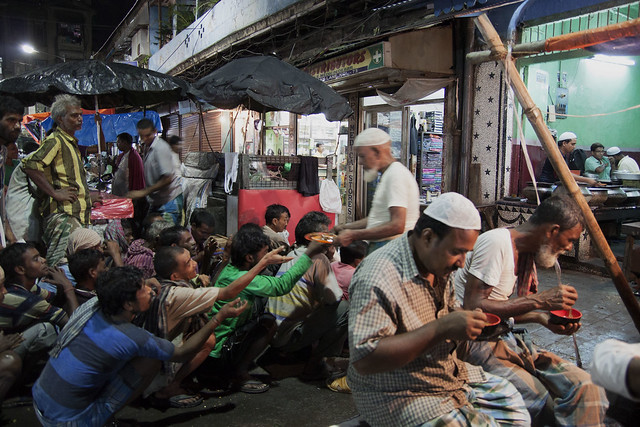By TCN News,
Aligarh: Dr Sheelu Shafiq Siddiqi, associate professor, Rajiv Gandhi Centre for Diabetes and Endocrinology, Aligarh Muslim University (AMU) has said that successful completion of Ramadan is a great achievement, which provides spiritual merits and self-confidence.
Dr Siddiqi suggested not refraining people from fasting as it may lead to psychological as well as social stress, which by themselves may result in poor glycemic control. He pointed out the duty of the physicians is to ensure that the person with diabetes receive appropriate pre-Ramadan counselling and proper adjustment of glucose lowering drugs, which can be achieved by adopting a systematic and planned approach. This can involve patients’ education, empowerment, shared decision and making the availability of both oral and injectable designer molecules with less risk of hypoglycemia, a release from AMU said.

The major risks associated with fasting in patients with diabetes include hypoglycaemia, hyperglycemia, diabetic ketoacidosis, dehydration and thrombosis, Dr Siddiqi pointed out and said the diabetic patients need to be categorized as at high medium and low risk. “High risk patients are advised not to fast because they are more likely to experience severe hypo-glycaemic episodes or ketoacidosis,” he added.
He suggested educating and supporting the people with moderate risk before the start of Ramadan in order to make necessary changes to reduce and control their risk whereas those with low risk could keep fast.
Dr Siddiqi also prescribed some principles for pre-Ramadan consideration, including the assessment of metabolic control, adjustment of the diet protocol, drugs regime which may include long acting hypoglycemic drugs to short acting ones to prevent hypoglycemia, encouragement of appropriate physical activity; early recognition of warning symptoms in form of dehydration, hypo-glycaemia and other possible complications. He further added that for further details, the Dr Siddiqi can be contacted directly at the Rajiv Gandhi Centre for Diabetes and Endocrinology, JNMC, Aligarh Muslim University (AMU), the release added.

